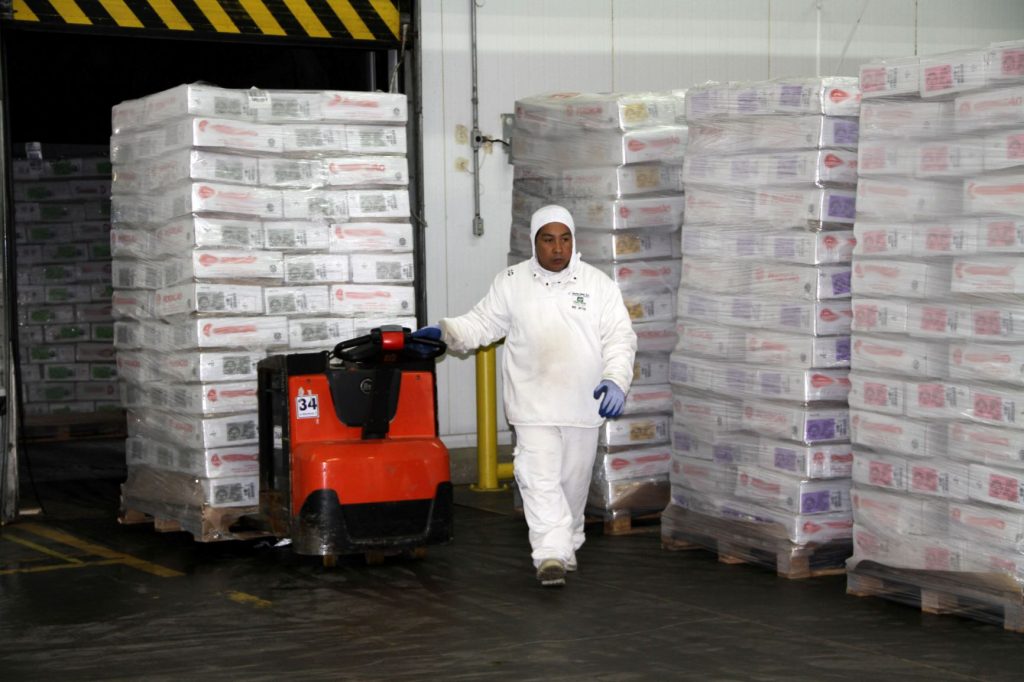São Paulo – A new study from the Center for Advanced Studies on Applied Economics (Cepea) at the University of São Paulo’s Luiz de Queiroz School of Agriculture (Esalq/USP) shows that exports from Brazil to the Arab League countries could increase greatly. According to CEPEA’s research, the biggest driver in this potential increase is meat. The work is part of the Study of Food Security in the Arab World – The Potential of Brazilian Agribusiness, done in partnership with the Arab Brazilian Chamber of Commerce.
The study points out that Brazil has run a surplus in trade with Arab League countries since 2009. From 1997 to 2019, exports from Brazil to those countries picked up by an average of 8.8% each year, while imports climbed slower at 5.1% per year. The top-selling products last year were sugar, poultry, offal and frozen chicken pieces, iron ore, maize, and refrigerated and frozen boneless beef. These items accounted for a combined 70% of exports.
CEPEA Agricultural Policy research Rodrigo Damasceno, who was in the study team, said one of the strategies to drive up trade is to work on added value. “When it comes to beef, that means having some level of processing to add value to the product, instead of simply freezing and shipping it. Besides, this market has other requirements, and that could even mean getting product into nations other than just the Arab ones,” he explained, regarding Halal market opportunities.
Now, the researchers are looking into the best way for industry players to add value. “Whether it’s through industrialization, by having plants in Arab countries like Saudi Arabia and the UAE, or else by building that image of value through environmental assets that might come into play,” he said.
The quest for an image of sustainability isn’t limited to the Arab market. “We have ascertained that the environmental issue is really coming into play a lot. Brazilians are trying to create verification mechanisms to attest that our beef can offset emissions from livestock farming, raising the animals in integrated systems or improving their diets, for instance. Showing that production is more sustainable than it looks. This is an international requirement that’s not specific to the Arab countries alone,” said Damasceno.
The study points out bottlenecks that constrain exports from Brazil as a whole, like the country’s logistics infrastructure, especially its seaports. There’s also a need for further integration of public and private sector actions. “This is a key point. We can tell that the Arabs are really appreciative of relationships, even at a personal level, and of enterprises that have representatives in their countries. This is something the beef industry could work on, for instance. It’s a must if the industry is to become stronger,” he said.
As for positive actions, the CEPEA mentions the technical visits held by the Brazilian government last year. When it comes to the agricultural industry, there were missions to Egypt, Saudi Arabia, Kuwait and the UAE, with results including authorization to export dairy, sheep and goats to Egypt, egg products and fruit to Saudi Arabia, and honey to Kuwait. Highlights involving Saudi Arabia and the UAE include investment opportunities in infrastructure in Brazil, particularly the Ferrogrão and West-East Integration Railway projects.
Damasceno said that overcoming existing hurdles and driving up trade with Arab countries entails work towards medium- and long-term goals. The researcher also points out that Brazilian Ministry of Agriculture studies show that in 5 to 10 years’ time, beef exports from Brazil will tend to keep growing at 2% to 3% rates.
Translated by Gabriel Pomerancblum




